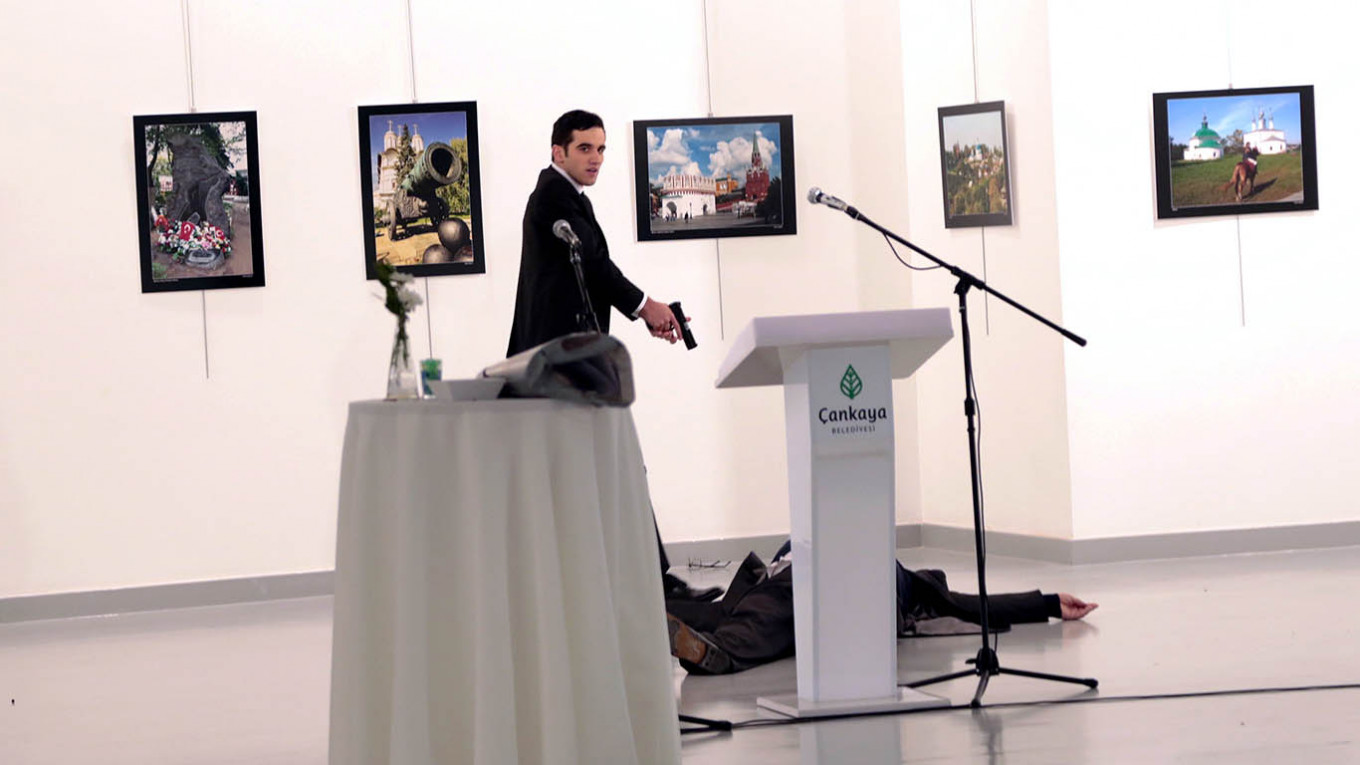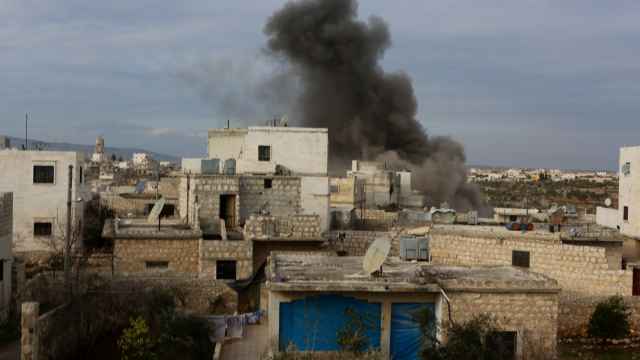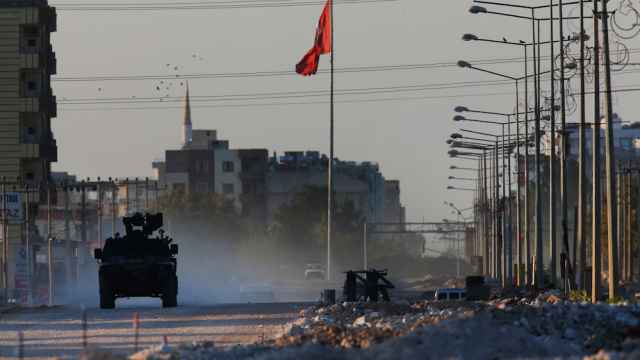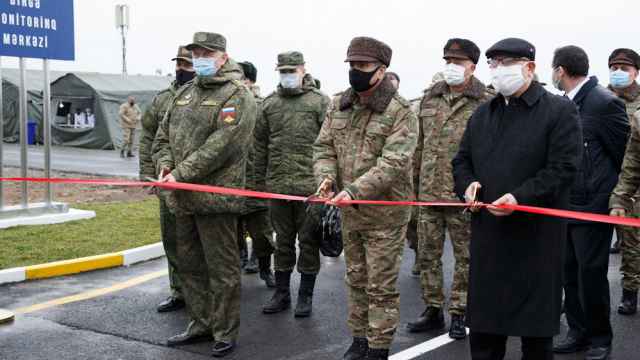A Turkish court on Tuesday sentenced five suspects to life in jail over the 2016 murder of Russian ambassador Andrei Karlov in Ankara, state news agency Anadolu reported.
The suspects were accused of links to the 22-year-old gunman, Mevlut Mert Altintas, who was killed by Turkish special forces shortly after he shot dead Karlov at a photo exhibition in the Turkish capital.
Karlov was 62 and had been appointed envoy to Turkey in 2013, when relations between the two countries were severely complicated by the raging war in Syria.
The gunman shouted "Allahu akbar" (God is greatest) and "Don't forget Aleppo," in reference to the Syrian city that President Bashar al-Assad's forces obliterated with Russian backing.
Turkey and Russia remain on opposing sides in Syria but are still working closely together on trying to bring an end to the decade-long conflict.
Turkish President Recep Tayyip Erdogan at the time called Karlov's murder a "provocation especially aimed at disrupting the normalization process of Turkey-Russia relations."
The Russian Foreign Ministry said it received news of the convictions with "satisfaction."
Syria tensions
Six other suspects were acquitted while seven were convicted of membership of an armed terrorist group, the NTV broadcaster reported, without giving details.
Turkey blamed the movement led by Fethullah Gulen, a US-based Islamic preacher seen as Erdogan's arch-foe, for the murder.
In the indictment, prosecutors alleged that the movement sought to bring Turkey and Russia to the brink of a "hot war."
Ankara also accuses Gulen of orchestrating a failed coup to topple Erdogan in 2016 and refers to the movement as the Fethullah Terrorist Organisation (FETO).
The movement denies the claims, and insists it promotes peace and education.
Former intelligence agent Vehbi Kursad Akalin was given an aggravated life sentence after he "leaked information on Karlov to the movement," NTV said.
An aggravated life sentence has tougher terms of detention and replaced the death penalty after it was abolished in 2004.
The suspect accused of giving the order to Altintas to assassinate Karlov, Salih Yilmaz, was given two aggravated life sentences, NTV reported.
Another suspect, Sahin Sogut, was handed down the same convictions for acting as Altintas' "mentor" within the Gulen movement, NTV added.
Tensions over Syria dominated Ankara's relations with Moscow during Karlov's term as ambassador — especially when Turkey shot down a Russian warplane near the Turkish-Syrian border in November 2015.
Russia slapped Turkey with a series of sanctions as a result.
But Erdogan apologized in 2016 for the incident, and relations had begun to improve when Karlov was shot dead.
The Kremlin has treated Turkey's claim that Gulen's movement was responsible for the assassination with caution.
Karlov's widow Marina Karlova said at the opening hearing of the trial that the murder was aimed at hurting ties between Russia and Turkey.
A total of 28 suspects were on trial including Gulen after the case began in 2019. His case and that of eight other fugitives were separated from the main trial, NTV said.
Tens of thousands of people have been arrested over alleged links to Gulen since 2016, while many more public sector workers have been sacked or suspended over such claims.
A Message from The Moscow Times:
Dear readers,
We are facing unprecedented challenges. Russia's Prosecutor General's Office has designated The Moscow Times as an "undesirable" organization, criminalizing our work and putting our staff at risk of prosecution. This follows our earlier unjust labeling as a "foreign agent."
These actions are direct attempts to silence independent journalism in Russia. The authorities claim our work "discredits the decisions of the Russian leadership." We see things differently: we strive to provide accurate, unbiased reporting on Russia.
We, the journalists of The Moscow Times, refuse to be silenced. But to continue our work, we need your help.
Your support, no matter how small, makes a world of difference. If you can, please support us monthly starting from just $2. It's quick to set up, and every contribution makes a significant impact.
By supporting The Moscow Times, you're defending open, independent journalism in the face of repression. Thank you for standing with us.
Remind me later.






